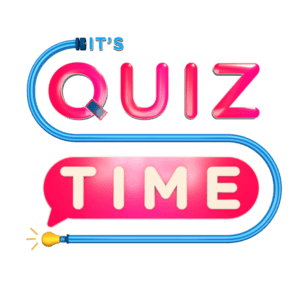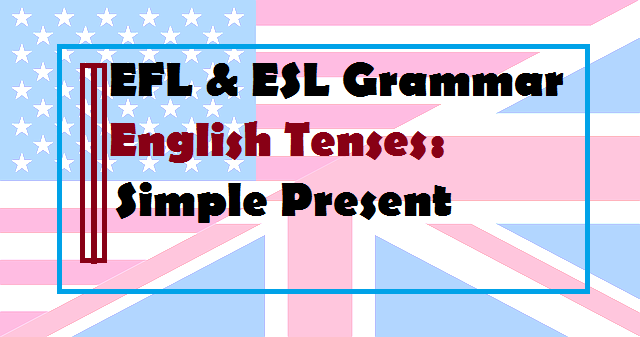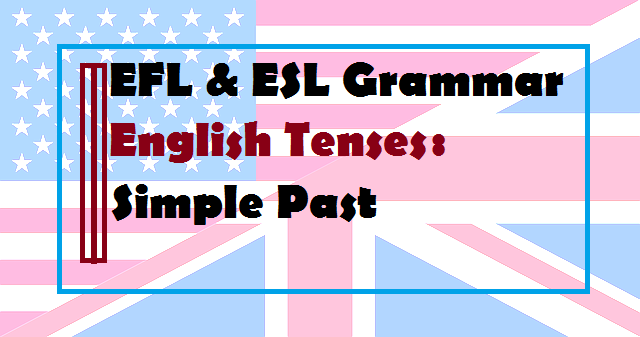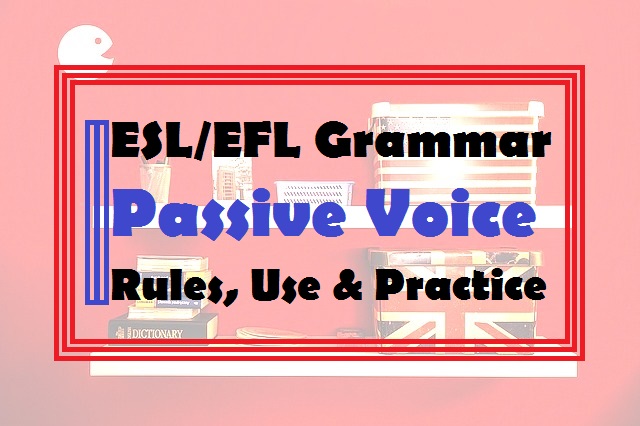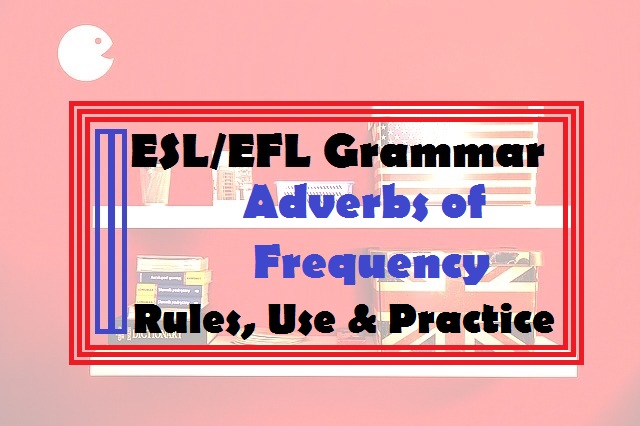The most commonly used phrasal verbs in English language classrooms
A phrasal verb is a combination of words (a verb + a preposition or verb + adverb). When used together, phrasal verbs’ meanings are, most of the time, different from the original verbs.
When we use a certain phrasal verb, we use it like normal verbs in a sentence, regardless if it’s a regular or irregular verb.
Examples:
- My car broke down yesterday out of the city.
- The teacher asked the student to get out of the classroom.
- My sister came across our uncle in the street.
The following table includes the most popular phrasal verbs in English
The phrasal verbs | The meaning(s) |
| Ask out Bring about Bring up Call back Call in Call off Call on Call up Catch up (with) Check in Check into Check out Cheer up Clean up Come across Cut out Do over Drop by Drop in Drop off Drop out Figure out Fill out Find out Get along Get back Get into Get off Get on Get out of Get over Get through Get up Give back Give up Go over Grow up Hand in Hand out Hang up Have on Keep out Keep up (with) | Ask someone out on a date Cause Raise children/mention a topic Return a phone call Summon to an activity or a job Concel Visit/ask a student in class Call on the telephone Reach the same level as someone Register at a hotel Investigate Borrow a book from a library/investigate To feel happy Make clean and orderly Find accidentally Stop an annoying activity Repeat Visit informally Visit informally Leave someone/something somewhere Leave school Find an answer by logic Complete a form Discover Have a good relationship with Return from somewhere Enter Leave a vehicle Enter a vehicle Leave a place/avoid an unpleasant activity Recover from illness Finish Wake up Return something to someone Surrender Review or check Become an adult Submit an assignment Distribute Stop a telephone conversation Wear Stay outside Stay at the place/level |
The phrasal verbs | The meaning(s) |
| Kick out (of) Look after Look into Look out (for) Look over Look up Make up Name after Pass away Pass out Pick out Pick up Point out Put away Put back Put off Put on Put out Put up with Run into Run across Run out of Show up Shut off Take after Take off Take out Take over Take up Tear down Tear up Think over Throw away Throw up Try on Turn down Turn on Turn up Turn off Turn in Turn out Wash up | Force someone to leave Take care of Investigate Be careful about/protect Review or check Look for the meaning of a word ina dictionary Invest/do past work Give a baby someone’s name Die Lose consciousness Select Get something Mention/call someone’s attention to Remove to another place Return to an original place Postpone Dress/wear Extinguish fire/ a cigarette … Tolerate Meet by chance Find by chance Finish supply of something Appear Stop a machine Resemble Remove clothes/leave the ground (airplane) Take someone on a date Control Start a new activity Demolish/reduce to nothing Tear into many little pieces Consider Discard/ get rid of Vomit Put on clothes to see if it fits Decrease the volume/reject Switch on Increase the volume Switch off Submit school work Extinguish a light Wash one’s face or clothes
|
Take Quiz
Check your understanding here ..
